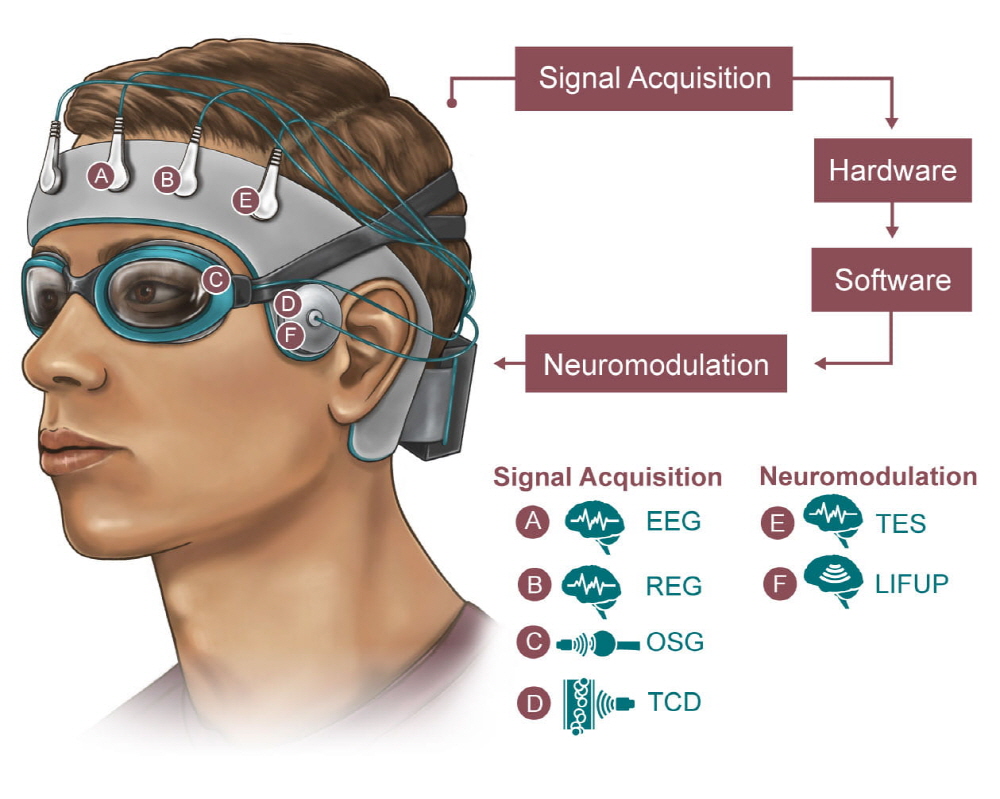
A research team in neuroengineering at Rice University is developing a sleeping cap in collaboration with Houston Methodist Hospital and Baylor Medical School. It’s not just a nightcap, it’s to analyze the action of body fluids that flush out normal metabolic wastes from the brain during sleep. The US military is said to have decided to fund this research.
When a person’s sleep deprivation continues, his thoughts appear hazy, as if a fog is in his head. However, the process that occurs in the brain at this time has not been elucidated. In 2012, it was discovered in the human brain that during deep sleep, the spinal cord circulates around the brain and spinal cord blood vessels to distribute nutrients and discharge unnecessary proteins and waste products. Then, as research progressed, it has been known that diseases such as Alzheimer’s are related to systemic confusion caused by sleep disturbance. Studying this mechanism is expected to gain new knowledge about sleep disorders and treatment.
The Pentagon is investing money to support research, believing that understanding these brain functions can give you ideas to help soldiers who have been in extreme situations on the battlefield. This study uses various methods such as ultrasonic stimulation or electromagnetic signals to design and develop a headcap that measures this action, and investigates the sleeping state of soldiers on the battlefield to determine how to maintain the brain health state with maximum performance.
In addition to REG, which measures brain waves in EEG blood flow to measure brain electrical activity, this cap uses ultrasound pulses to send to the orbit and skull to measure fluid flow and control that flow with electrical stimulation or ultrasound pulses.
The research team hopes that when this hat is completed, it will deepen our understanding of what is happening during sleep and may be able to provide a treatment suitable not only for the military but also for patients suffering from sleep disorders and neurological diseases.
Humans spend a third of their lives sleeping. However, as mentioned earlier, most of the processes that occur in the brain remain unexplained. Establishing technologies to remove brain waste and prevent deposits in the brain could add effective treatment to patients at risk for sleep disorders and neurodegenerative diseases such as Alzheimer’s. Related information can be found here.


















Add comment